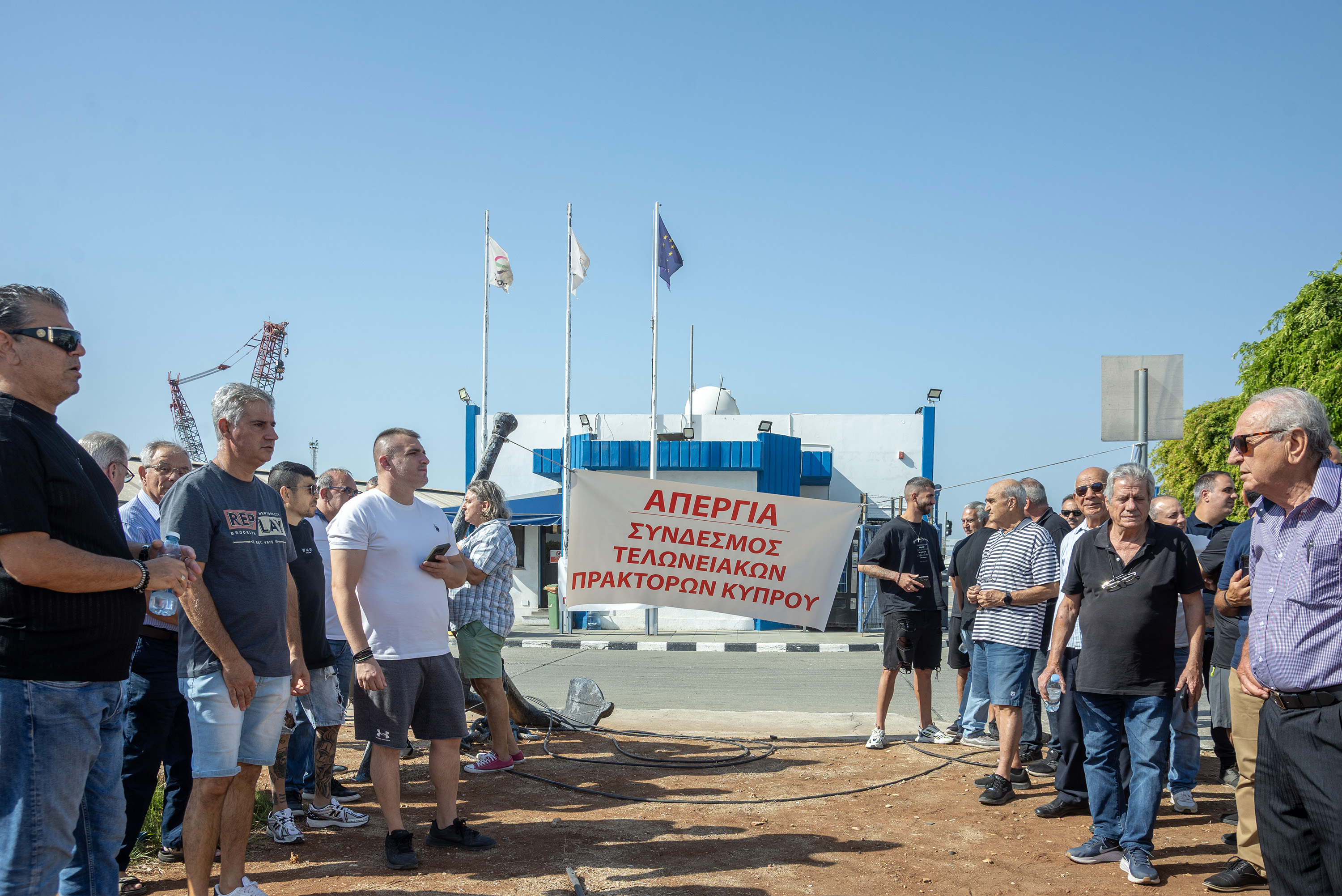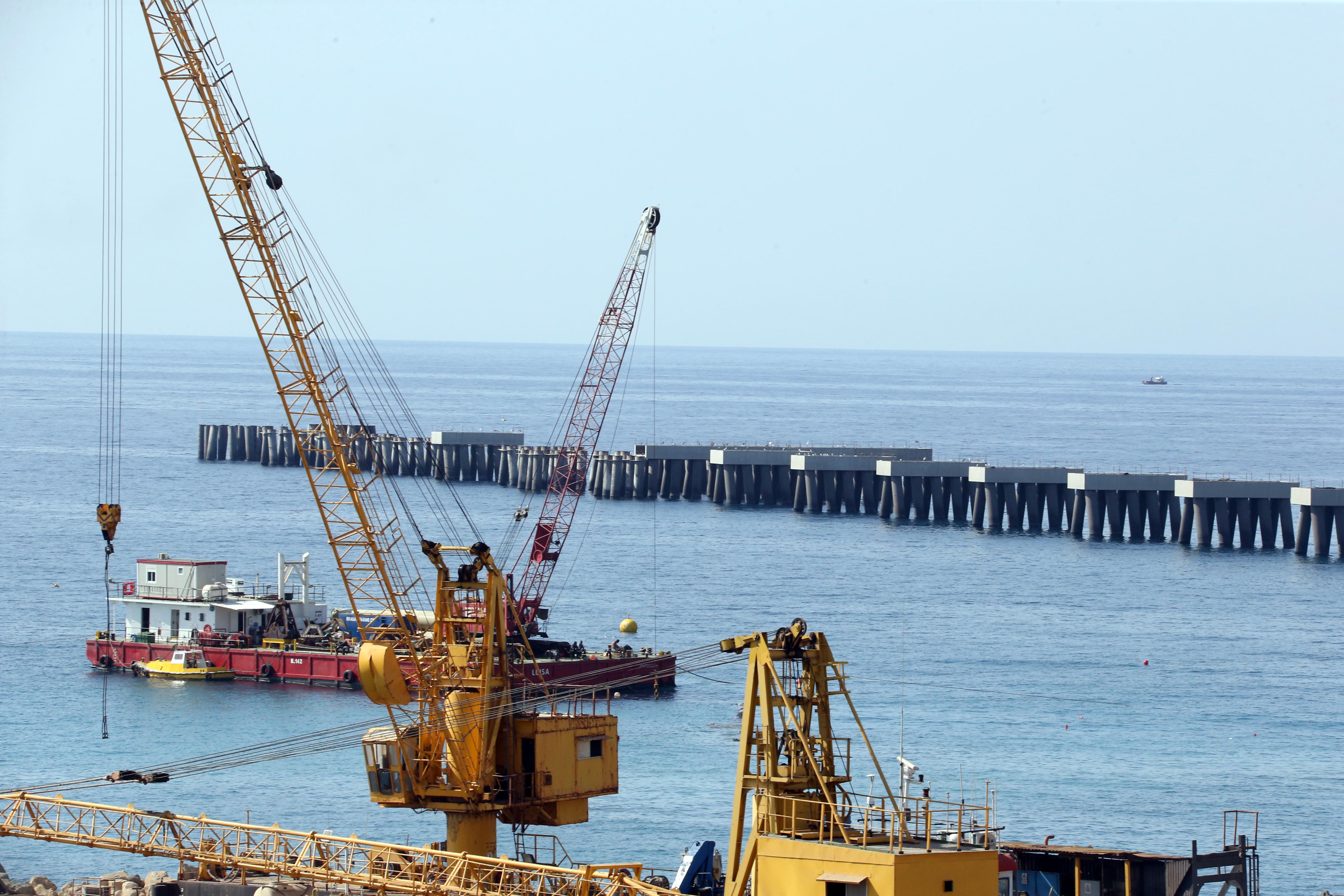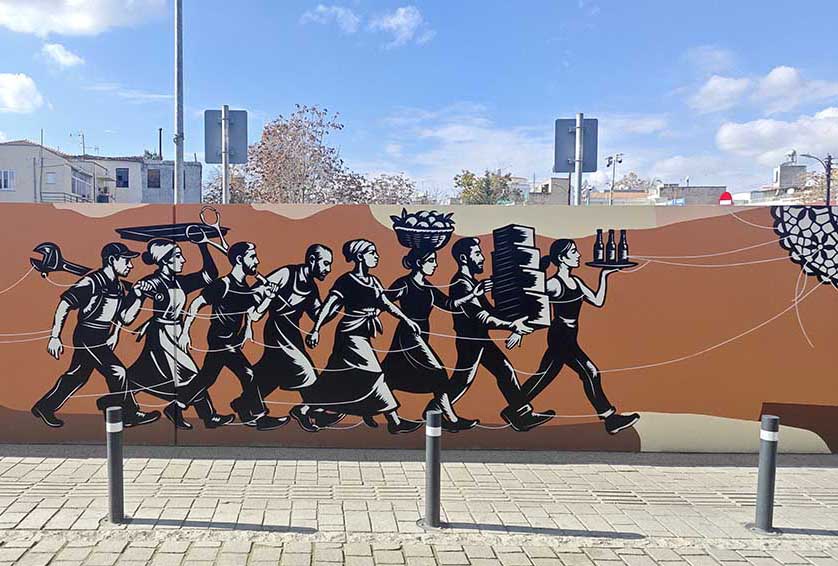Customs workers in Limassol and Nicosia went on a 24-hour strike on Thursday, then escalated by announcing an indefinite strike starting on Friday, demanding more time to get acquainted with the new automated import system (AIS).
AIS handles the validation, processing, duty accounting and clearance of customs declarations. Currently, customs officers use an older system called ‘Theseas’.
Cyprus customs officers’ association chairman Christos Akaros had explained on Wednesday, ahead of the 24-strike, that a European Union directive on the matter had stipulated that between 12 and 24 months’ worth of training must be given to the workers, but that authorities on the island had scheduled the system’s rollout for June.
This schedule, he said, came after the system had been prepared in February, effectively giving workers only four months to get to grips with the new system.
He added that eventually, an extension was granted until September 29 for the new system to be fully implemented, but that this extension is still not enough, as “in the context of our training, we identify problems, delays, and pitfalls in the system, which creates the risk of errors being made”.
Productivity has dropped significantly, with data processing now taking three times longer despite tasks being suitable for automation. The system does not verify the authorisation of users entering data, allowing anyone to complete entries, which disrupts customs workers’ workflow.
The new system is also not fully translated into Greek, and due to limited testing, users are prone to making mistakes. “Unfortunately, customs authorities punish mistakes without mercy,” Akaros added, saying that workers bear responsibility for at least 30 per cent of import duties not charged due to errors.
As such, he said, workers had warned the customs department about the problems, but “they did not respond”, and in view of this, they had decided to go on strike.
“We are requesting a postponement of the implementation of the system until the problems and errors about which we have informed them … are corrected, and until there is full training,” he said.
He added that the strike is expected to impact the customs clearance of shipping containers, which will stay in an “already overcrowded area of the Limassol port” until they can be checked.
A teleconference was held at noon with the customs department head to seek a resolution.
Akaros at the time said, however, that customs officers remained unsatisfied, leaving open the possibility of an indefinite strike.







Click here to change your cookie preferences